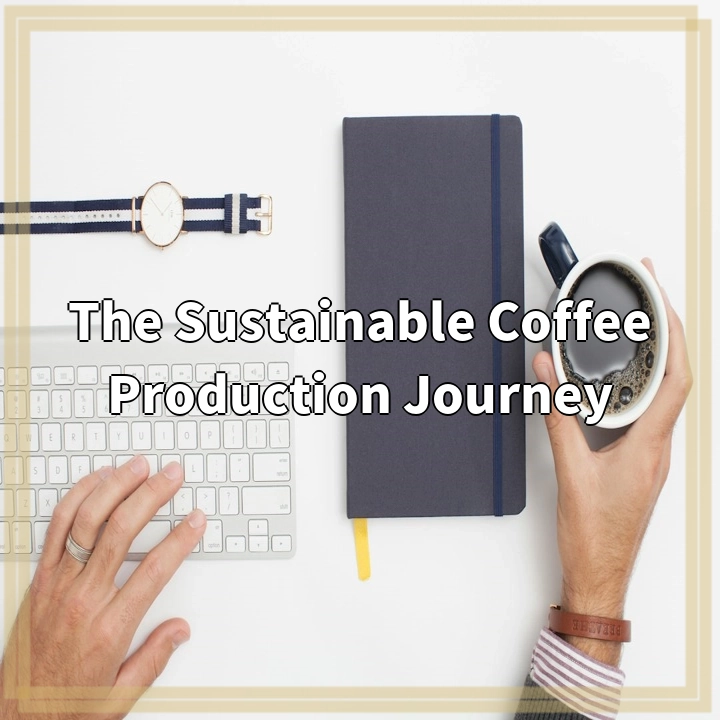
What is Sustainable Coffee Production?
Sustainable coffee production refers to the cultivation and processing of coffee beans in a manner that minimizes the environmental impact, supports social responsibility, and ensures economic viability for coffee growers. It involves adopting practices that promote biodiversity conservation, reduce water usage, eliminate or minimize chemical use, and ensure fair wages and working conditions for coffee farmers and workers.
Real-World Problems of Sustainable Coffee Production
While sustainable coffee production is increasingly gaining attention and traction, it faces several challenges and obstacles that need to be addressed. Here are some of the main real-world problems associated with sustainable coffee production:
1. Deforestation and Habitat Loss
Coffee plantations often contribute to deforestation, as land is cleared to make room for coffee cultivation. This leads to the loss of valuable ecosystems and biodiversity, with negative consequences for local flora and fauna.
2. Water Pollution and Scarcity
Traditional coffee production methods can result in water pollution due to the excessive use of fertilizers and agrochemicals. Moreover, in regions where water scarcity is already a concern, coffee production can exacerbate the problem by consuming significant amounts of water.
3. Social Inequality and Exploitation
In many coffee-producing regions, farmers and plantation workers face low wages, poor working conditions, and lack of access to essential services and resources. Ensuring fair trade practices and promoting social equity within the coffee industry is a crucial aspect of sustainable production.
4. Climate Change Impacts
Climate change poses significant challenges to coffee production, with rising temperatures, altered rainfall patterns, and increased incidences of pests and diseases. These impacts can affect coffee quality and yields, making it essential to develop climate-resilient strategies for sustainable coffee production.
5. Market Access and Pricing
Coffee growers engaged in sustainable production often struggle with access to fair markets and face price volatility. The lack of price stability can undermine the economic viability of sustainable practices, making it crucial to establish transparent and equitable trade relationships.

Solutions to Real-World Problems in Sustainable Coffee Production
Addressing the challenges faced by sustainable coffee production requires a multi-faceted approach. Here are some potential solutions to the real-world problems mentioned earlier:
1. Agroforestry and Biodiversity Conservation
Implementing agroforestry practices, which involve growing coffee plants alongside trees and other crops, can help mitigate deforestation and preserve biodiversity. This approach provides shade for coffee plants, promotes soil health, and creates habitats for various species.
2. Organic and Ecological Farming Methods
Encouraging the adoption of organic and ecological farming methods can minimize water pollution and protect ecosystems. These methods prioritize natural pest and disease control, composting, and the use of organic fertilizers, reducing reliance on chemical inputs.
3. Fair Trade Certification and Price Premiums
Supporting fair trade practices and establishing systems that guarantee fair prices for sustainably produced coffee can improve the livelihoods of farmers and workers, reducing social inequality and exploitation within the industry.
4. Climate Change Adaptation and Resilience
Investing in research and providing resources to develop climate-resistant coffee varieties, implementing water-efficient irrigation systems, and promoting sustainable land management practices can help coffee growers navigate the challenges posed by climate change.
5. Consumer Awareness and Ethical Purchasing
Raising consumer awareness about the environmental and social impacts of different coffee choices can influence purchasing decisions. Supporting companies and brands that prioritize sustainable sourcing and ethical practices can create market demand and drive positive change in the coffee industry.















